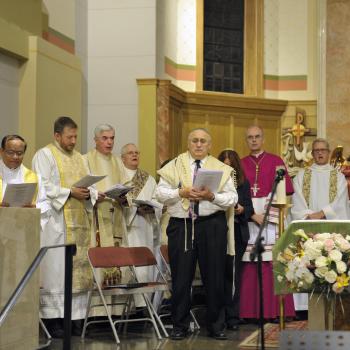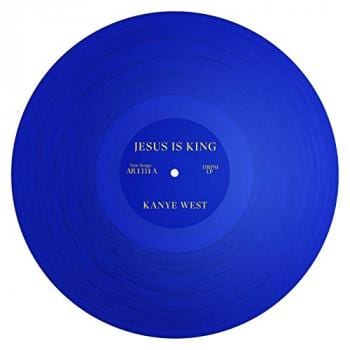Does what you believe affect what you earn?
Some insight, from the New York Times:
The economic differences among the country’s various religions are strikingly large, much larger than the differences among states and even larger than those among racial groups.
The most affluent of the major religions — including secularism — is Reform Judaism. Sixty-seven percent of Reform Jewish households made more than $75,000 a year at the time the Pew Forum on Religion and Public Life collected the data, compared with only 31 percent of the population as a whole. Hindus were second, at 65 percent, and Conservative Jews were third, at 57 percent.
On the other end are Pentecostals, Jehovah’s Witnesses and Baptists. In each case, 20 percent or fewer of followers made at least $75,000. Remarkably, the share of Baptist households making $40,000 or less is roughly the same as the share of Reform Jews making $100,000 or more. Overall, Protestants, who together are the country’s largest religious group, are poorer than average and poorer than Catholics. That stands in contrast to the long history, made famous by Max Weber, of Protestant nations generally being richer than Catholic nations.
Many factors are behind the discrepancies among religions, but one stands out. The relationship between education and income is so strong that you can almost draw a line through the points on this graph. Social science rarely produces results this clean.
What about the modest outliers — like Unitarians, Buddhists and Orthodox Christians, all of whom are less affluent than they are educated (and are below the imaginary line)? One possible explanation is that some religions are more likely to produce, or to attract, people who voluntarily choose lower-paying jobs, like teaching.
There’s more at the link, including a graph.












